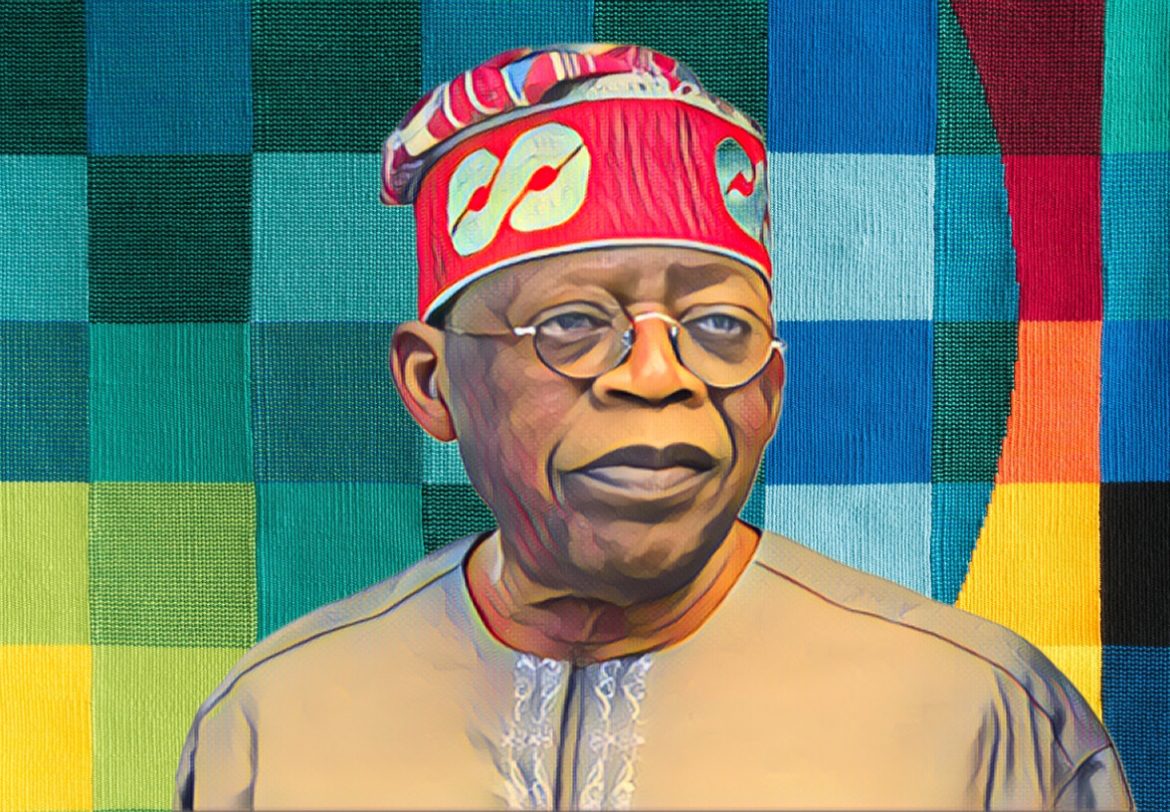The Corporate Accountability and Public Participation Africa (CAPPA) has called on President Bola Ahmed Tinubu to urgently address Nigerians in a state-of-the-nation broadcast. CAPPA believes this move is crucial to engage with the people’s legitimate grievances and mitigate the growing tension across the country.
CAPPA’s statement emphasizes the need for President Tinubu to reaffirm his administration’s commitment to protecting citizens’ rights. The organization urges the government to ensure all state machinery and authorities prioritize the lives and well-being of every citizen under their watch. The group specifically calls on the Nigerian police and other security agencies to fulfill their constitutional obligations, ensuring citizens’ right to assemble peacefully is upheld without interference.
The nationwide protest, tagged #EndBadGovernanceInNigeria, emerged on social media and in public spaces about three weeks ago. This movement reflects the population’s frustration with the soaring cost of living and economic hardship resulting from a series of government reforms since May 29 of the previous year. The protests have sparked a mix of reactions, with various groups and individuals expressing their views and concerns, sometimes leading to inflammatory statements on social media.
CAPPA highlighted that government institutions, including the police, the Department of State Security, the Nigerian Army, and the judiciary, have been embroiled in controversy. Actions and statements from government officials have demonstrated a disregard for citizens’ rights and international treaties obliging Nigeria to protect human rights and guarantee fundamental freedoms. These include the right to peaceful protest and the ability to engage representatives without fear of repression.
One notable incident involved the Minister of the Federal Capital Territory (FCT), Nyesom Wike, who, despite receiving a pre-notice letter from the protest organizers, refused permission for the use of Eagle Square, a public space, for peaceful demonstrations. Additionally, the Inspector General of Police (IGP) did not approve the venues chosen for the protest marches, insisting they be confined to restricted areas.
Further complicating matters, the Lagos State Government recently obtained a court order limiting protesters to two designated centers in the state: Gani Fawehinmi Park at Ojota and Freedom Park at Ketu. CAPPA’s statement criticized this judicial exploitation, claiming such actions aim to suppress legitimate dissent and undermine citizens’ rights to hold their elected representatives accountable.
CAPPA referenced specific constitutional guarantees, including Chapter IV, Sections 39 and 40 of the 1999 Constitution of the Federal Republic of Nigeria, which protect citizens’ freedoms of expression, peaceful assembly, and association. Section 41 upholds citizens’ rights to move freely throughout the country. Additionally, Articles 19 and 21 of the International Covenant on Civil and Political Rights enshrine the rights to freedom of expression and peaceful assembly.
The organization stressed that peaceful protest is a legitimate mechanism for citizens to express grievances against unfavorable government policies. Any attempt to undermine these expressions, CAPPA argues, is an assault on democracy. True governance, they contend, must ensure the dignity of participation, inclusion, and expression for all citizens.
CAPPA also urged state and non-state actors to refrain from criminalizing and victimizing innocent Nigerians and dissenting voices. They encouraged citizens to remain peaceful and united amidst the nation’s challenges and during the protests.
The unrest in Nigeria is rooted in deep economic issues. The series of reforms implemented by the Federal government since May 29 last year have contributed to increased living costs and economic strain. These challenges have led to widespread discontent, driving citizens to the streets in protest.
CAPPA’s call for a presidential address highlights the urgency of the situation. President Tinubu’s engagement with the public is seen as an important step in addressing the growing unrest. By directly addressing the nation, the President can articulate his administration’s commitment to addressing the grievances and ensuring the protection of citizens’ rights.


